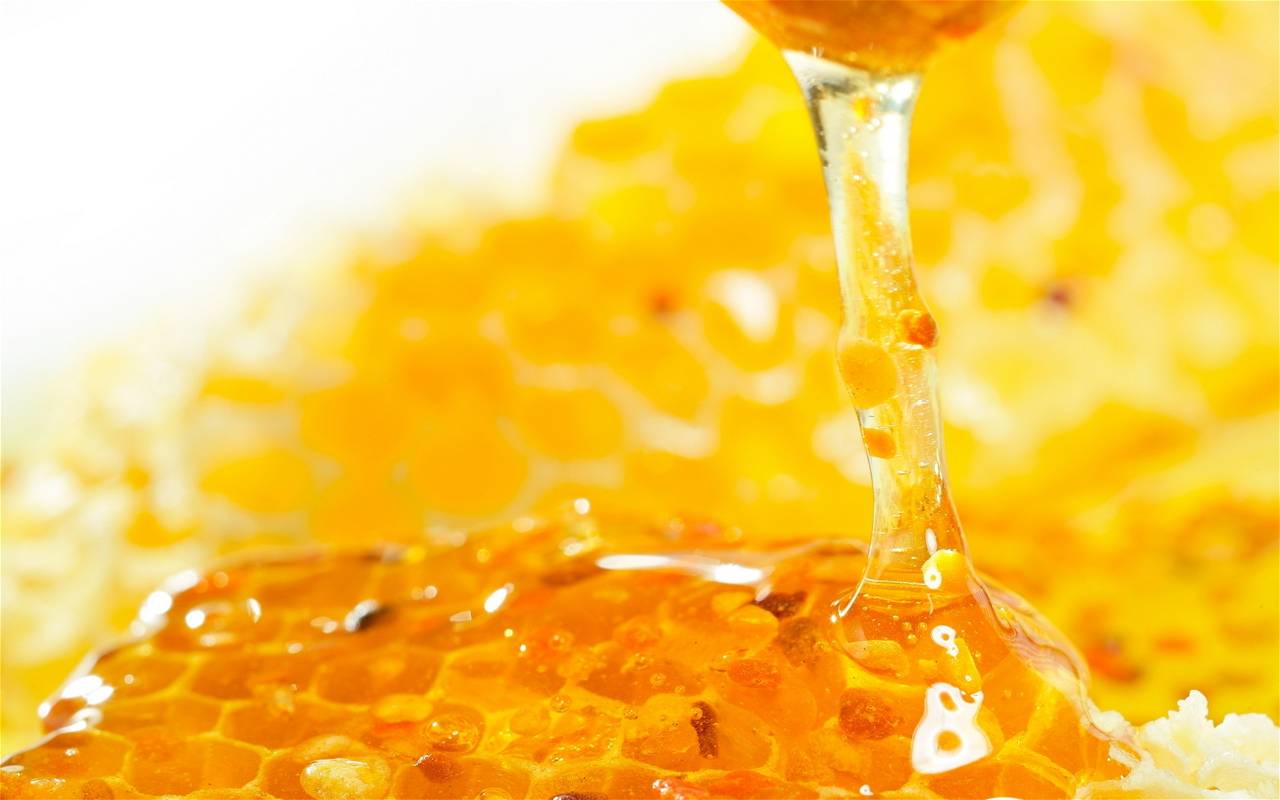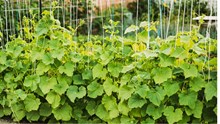
Bees& Butterflies are very important pollinators for flowers, fruits and vegetables. This also means that they help other plants and trees in growth. Bees are found almost on every continent except for Antarctica, in every habitat on the planet that contains the flowering plants.
Most of the people are afraid of bees as they have stingers that hurt more than you would expect and some people are very allergic, even deathly allergic, to them. But opposite to this, bees are not aggressive insects and do not go after humans unprovoked. And if you understand the significance and role of these tiny creatures, you would be happy to share your food or drink with them!
5 Reasons to be Grateful:
Here are some reasons to be grateful for our pollinators:
1. Honey- Maker:
Did you know that out of close to 20000 species of bees only 7 of them are honeybees? As per data, western honeybees produce 1.6 million tonnes of honey per year. Honey is a natural sweetener and it also has antiseptic and antibacterial properties. From centuries it has been a part of human civilization. The ancient Egyptians also used honey for healing wounds and other medicinal purposes. They also used beeswax to embalm the dead and create artificial light. Right now, products like beeswax, honey and other byproducts provide additional income to rural families.
2. Nutrient- Rich Foods& Food Security:
No doubt! Pollinators improve our diets by providing nutrient rich foods. There are some food crops those don’t need pollination like rice, wheat and potatoes and these food crops can survive even in the absence of our pollinators. But many nutritious foods, like fruits, some vegetables, seeds, nuts and oils, would become extinct without pollinators. Some of foods we love so much like apples, blueberries, strawberries, almonds, cocoa and coffee could not survive without pollinators. That’s why pollinators also help in maintaining food security.
3. Good Work Ethic:
Pollinators have a great work ethic, it is evident from the fact that a single honeybee will typically visit around 7000 flowers a day, and it takes around 4 million flower visits to produce a kilogram of honey. Each individual bee is part of a team working consistently to support the growth and productivity of their beehive by collecting as much pollen as possible. Apart from this, they also have to pollinate many other plant species. This undying dedication has given rise to the saying “busy as a bee”.
4. Enhances our taste:
Pollinators are playing essential role to make our taste better. As we have seen a well-pollinated plant produces larger, more uniform, tastier fruits and vegetables. If it hasn’t been properly pollinated, plants won’t invest resources evenly in their production, resulting in deformed, bland fruits and vegetables. Only by looking at a deformed apple, we can easily figure out that the plant had insufficient or imbalanced pollination.
5. Maintain Biodiversity:
Pollination is one of nature’s most fascinating and important process contributing to the enrichment of our biodiversity. As we know, it helps us to produce a wide variety of plants many of which are also food crops. Bees and forest beekeeping also help sustain forest ecosystems as pollination helps the regeneration of plants and trees which further helps to protect forest biodiversity.
There’s no wonder in saying that bees are vital for agriculture and healthy ecosystems. Yet, there has been a decline in the population of these pollinators, especially bees and butterflies due to various threats. Therefore, there is a need to promote coordinated action worldwide to safeguard these pollinators by promoting sustainable use of pollination services. In this regard, Policy-makers and Farmers have a big role to play to protect our pollinators.
Be a Friend to Our Pollinators!
















